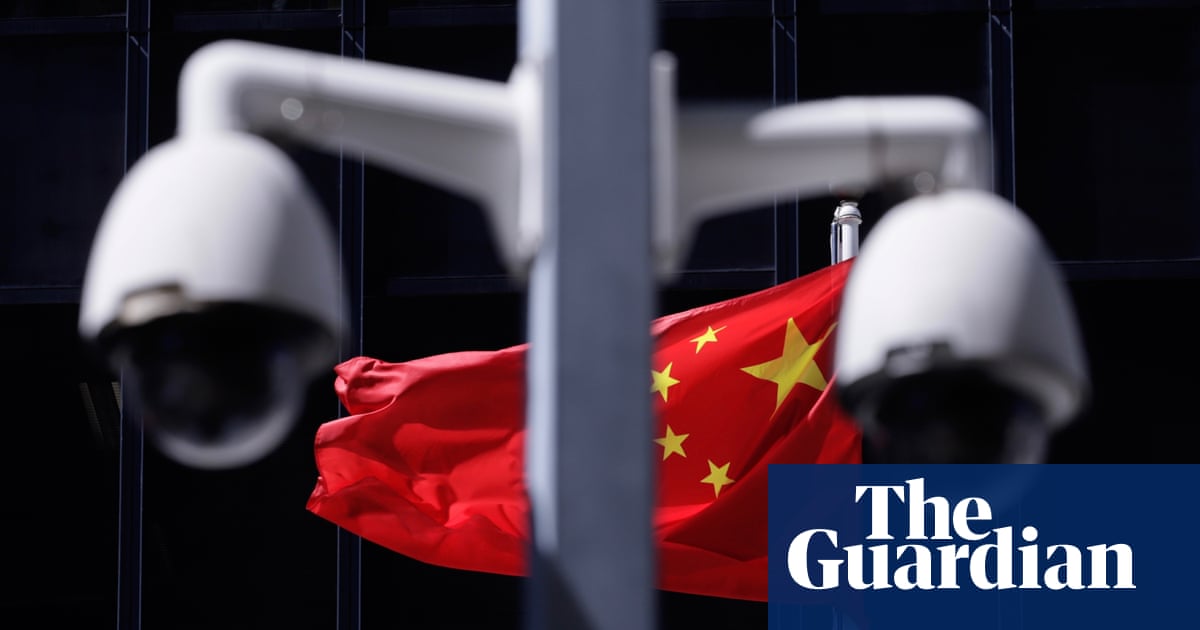Hong Kong authorities have targeted journalists and media outlets with what are supposed to be “random” tax audits, in a move the industry union says adds pressure to waning press freedoms.
The head of the Hong Kong Journalists Association, Selina Cheng, detailed what she said were “strange” and “unreasonable” accusations by Hong Kong’s inland revenue department. Requests or audits were made against the association, at least eight independent media outlets, and at least 20 journalists and their family members, including Cheng and her parents, she said at a press conference on Wednesday.
Cheng said the tax department had told one journalist that they had to pay a profit tax for a company they did not run, and had cited a registration number that did not exist. Another company was told it was being audited for profits made during the year before it was even founded. One journalist had their income “assessed” as double the amount they had actually earned, and was issued a demand for prepayment of tax on the “under-reported” income.
“Does the average news worker have the resources to hire an auditor to handle it?” Cheng asked. “We are concerned that tax investigations will put a financial and mental strain on media workers, disrupt our reporting and prevent us from focusing our journalistic work.”
Among the media outlets listed as targets were InMedia HK and the English-language Hong Kong Free Press (HKFP), and the latter’s founder, Tom Grundy.
HKFP said it had been “randomly selected” for a seven-year audit in 2024, and that the IRD had twice requested “hold sums”, which were later reduced to zero after the outlet objected.
“HKFP has always met its tax obligations, paid IRD demands immediately, and ensured meticulous record-keeping since our 2015 inception,” it said.
“The delays involved, and wide scope of these inspections, raise questions about the burden on the taxpayer and tax office resources … Recent scrutiny has diverted resources, manpower and funds away from journalism as we face a fourth year of financial deficit.”
In a statement on X, Grundy said the outlet had “expected this kind of thing years ago”, and had been “obsessive” in its record keeping and financial transparency.
“I’m having to act as a one-man compliance department instead of a journalist,” he said about the 15 month-long process so far.
Citing IRD figures, Grundy said the chance of being “randomly” selected for an IRD audit was about 0.123%. “The probability drops much further when considering almost all independent media outlets were coincidentally, simultaneously selected.”
Aleksandra Bielakowska, advocacy manager at Reporters Without Borders Asia-Pacific, said Hong Kong and Chinese authorities were doing everything in their power “to close remaining media outlets … and make sure there’s only one narrative coming from the Chinese Communist party. If they can’t put people in jail they’ll pressure them and their families to dissuade – or even prevent – them from reporting on the ground,” she told the Guardian.
Hong Kong’s media have come under increasing pressureand persecution since the government crackdown on the pro-democracy movement ushered in a Beijing-designed national security law.
Several outlets have been forced to close or relocate, including Apple Daily, whose founder, Jimmy Lai, is on trial for alleged offences under the NSL, and Stand News, whose two former editors werejailed for sedition last year.
The Stand News sentencing came just weeks after the HKJA revealeda campaign of “systemic and organised” harassment of journalists and outlets, many of which Cheng said on Wednesday were also among those questioned by the tax authorities.
The harassment included death threats and threatening and defamatory complaint letters being sent to reporters’ families and their employers, landlords and neighbours.
In the latest Reporters Without Borders’ World Press Freedom Index, Hong Kong ranked 140 out of 180 countries, down from 80 in 2021.
The IRD has been contacted for comment. In a statement to the Associated Press, it said it did not comment on individual cases but “the industry or background of a taxpayer has no bearing on such reviews”.
Additional research by Lillian Yang
